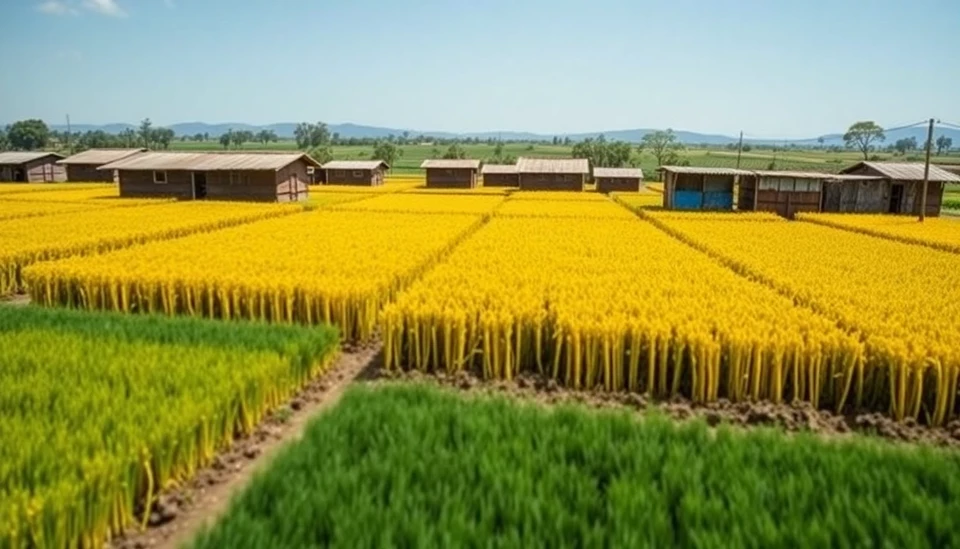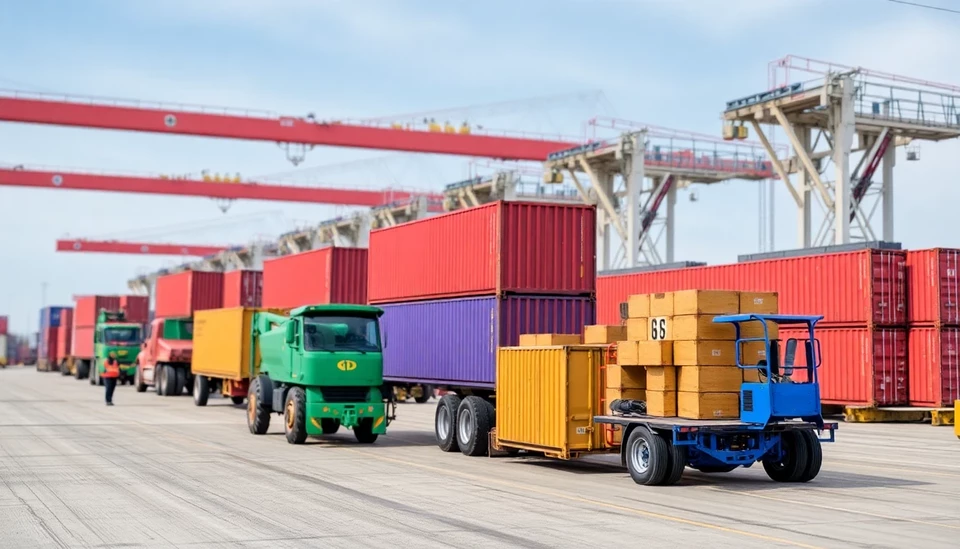
In the realm of international trade, tariffs have become a crucial tool employed by governments to regulate the flow of goods across borders. However, the implications of these tariffs extend far beyond their intended targets, profoundly affecting the most vulnerable populations worldwide. Recent analyses have revealed that while tariffs are designed to protect domestic industries and generate revenue, they are burdening the poor at an alarming rate.
As countries re-evaluate their trade policies in light of shifting geopolitical landscapes, the ripple effects of tariffs on low-income households are becoming increasingly apparent. One of the core issues lies in the fact that tariffs effectively raise the prices of imported goods. This price increase disproportionately impacts low-income families who are already living on the edge of financial stability. For them, every dollar counts, and the added cost of everyday items can spell disaster.
Take, for instance, basic commodities such as food and clothing. Tariffs on imports of these essential goods can lead to price hikes, forcing families to either go without or seek alternative products that may not meet their needs. This scenario has a cascading effect: as families are forced to allocate a greater portion of their budgets to basic needs, other areas like education or healthcare may suffer as a result.
Moreover, the situation is exacerbated in developing countries, where the capacity to absorb shocks from external economic pressures is significantly limited. Countries that rely heavily on imported goods not only face higher costs but also experience disruptions in supply chains. This is particularly evident during global crises such as pandemics, where logistics and transport dynamics are already complicated.
Experts emphasize the need for governments to reconsider their tariff strategies, suggesting that a more balanced approach is necessary. Implementing tariffs can be a double-edged sword; while they serve immediate political or economic purposes, the long-term consequences could lead to wider social disparities. Advocating for targeted measures that protect domestic economies without crippling the most vulnerable populations is crucial.
Moving forward, there is a consensus among analysts that a comprehensive reevaluation of trade policies is essential. Collaboration between nations and a commitment to ensuring that the burden of tariffs does not disproportionately fall on the poorest communities will be paramount. Policymakers are urged to consider the broader implications of their decisions, fostering a globally equitable trade framework that considers human welfare alongside economic interests.
The ongoing discourse surrounding tariffs serves as a reminder of the interconnectedness of economies and the importance of prioritizing the welfare of all citizens, particularly those who are least able to bear the burden of increased costs.
In summary, as tariffs continue to shape the landscape of international trade, it is imperative that both governments and stakeholders recognize their potential consequences on impoverished communities. Addressing these challenges will require collaborative efforts aimed at building a more equitable economic future.
#Tariffs #SupplyChain #GlobalTrade #Poverty #Economics #InternationalRelations #TradePolicy #VulnerableCommunities #EconomicEquity
Author: Daniel Foster




